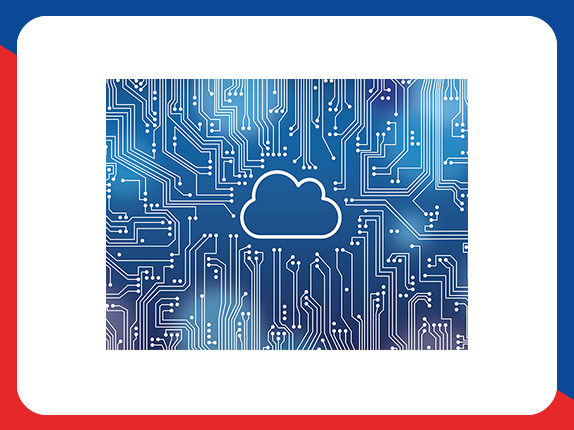
In today’s world, organizations face many challenges in the field of information technology. The increase in the volume of data, the need for greater agility and flexibility, as well as resource limitations, all point to the need to find new solutions for managing IT infrastructure. In the meantime, private cloud as an emerging model in cloud computing has attracted the attention of many organizations.
Private cloud refers to an infrastructure that is designed and set up specifically for an organization and is provided to that organization. This model offers several advantages compared to the public cloud, where resources are shared, including:
Security: In the private cloud, all data and resources are completely available to the organization and no other person or organization can access them. This brings a very high level of security to the organization’s sensitive information, which is of critical importance for many organizations, especially in the financial, government, and healthcare sectors.
Compliance: The private cloud allows organizations to fully comply with domestic and international laws and regulations in their infrastructure. This is especially important for organizations dealing with sensitive data, such as information about customers or patients.
Control: In a private cloud, organizations have complete control over all aspects of their infrastructure. This allows them to allocate resources more efficiently, optimize performance, and generally provide a better user experience for their customers.
Customization: Private cloud allows organizations to fully customize their infrastructure to fit their specific needs. This is especially useful for organizations with complex applications or large volumes of data.
Reliability: The private cloud allows organizations to enjoy a high level of reliability and availability for their applications and data. This is especially important for organizations that constantly need their information to provide customer service or conduct their business operations.
Considering the mentioned advantages, the use of private cloud can be a necessity for many organizations in the current situation.
Here are some examples of situations where using a private cloud can be beneficial:
• Organizations that deal with sensitive data and need to maintain high levels of security and compliance.
• Organizations that have diverse applications with extensive contractors in this field.
• Organizations that store and process large amounts of data
• Organizations that run complex and sensitive applications
• Organizations that need to comply with strict laws and regulations
• Organizations that need a stable and predictable environment



